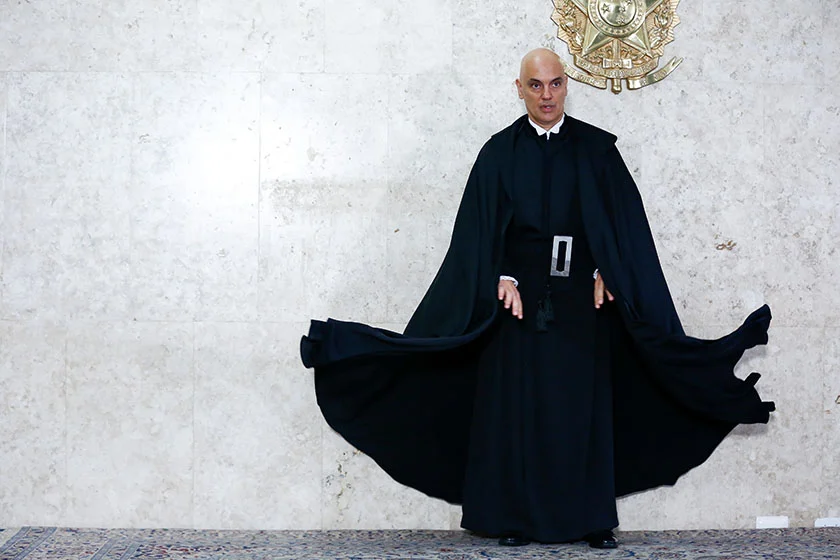[ad_1]
(Opinion) Elon Musk, who heads the platform X, previously Twitter, not too long ago criticized Alexandre de Moraes, a controversial Brazilian Supreme Court docket Justice.
In an April interview with Fox Information, he burdened the important position of the following elections.
He hinted at Moraes’s involvement in political issues, together with the discharge and political assist of Luiz Inácio Lula da Silva.
On April 8, 2024, Musk accused Moraes of influencing the discharge of Lula from jail and swaying election outcomes.
He implied that Lula received’t confront Moraes resulting from these interventions.
Musk ramped up his critique on social media, calling Moraes a “dictator” for downplaying Lula’s actions and reversing his jail sentence. He demanded accountability for Moraes’s “crimes.”
He additionally challenged the Brazilian Congress’s passivity in the direction of Moraes’s dominance, advocating for his ouster for not being elected.


Regardless of substantial funding, Brazil’s justice system is criticized for missing impartiality.
It ranks 138th globally within the World Justice Challenge’s Rule of Legislation Index 2021, trailing behind all however Venezuela.
Musk Challenges Brazil to Confront Its Flawed Judiciary After Years of Passivit
The conflict between Musk and Moraes spotlights broader problems with free speech in Brazil, underscored by journalist Michael Shellenberger’s critique of Moraes’s repressive measures in opposition to platform tips.
Moraes’s ordered a probe into Musk for potential obstruction of justice and involvement in digital militias, probing the influence of Musk’s feedback on Brazilian democracy.
This can be a attribute tactic of Moraes that entails countering his critics with a plethora of authorized costs, offering a classy veil behind which he can conveniently defend himself.
The query arises: who will lastly provoke an investigation to completely study Moraes’ affect on Brazil’s democracy?
Survey reveals 47% of Brazilians see judicial Overreach
An AtlasIntel survey launched on February 9, 2024, highlights a break up in Brazilian opinions on the judiciary’s position.
Practically 47.3% of respondents label the judiciary’s management as a “judicial dictatorship,” expressing considerations over its wide-reaching affect.
Alternatively, solely 20.9% see the judiciary fulfilling its anticipated position correctly.
Moreover, 16.7% criticize some judges for overstepping their boundaries with out labeling it a dictatorship. About 15.2% are nonetheless undecided on this matter.
[ad_2]







